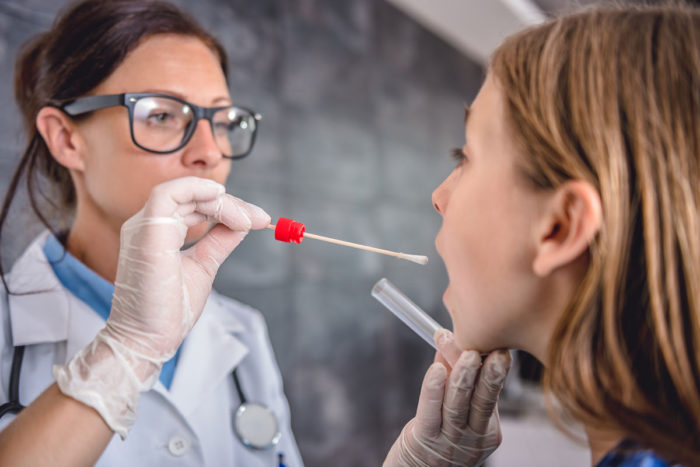Infectious diseases docs may be lifesaving for patients with antibiotic-resistant infections
Seeing such specialists linked to significantly lower mortality rates
 Getty Images
Getty ImagesSeeing an infectious diseases specialist can be a lifesaver for patients with difficult-to-treat, drug-resistant infections, according to a study at Washington University School of Medicine in St. Louis.
For patients with difficult-to-treat, drug-resistant infections, seeing an infectious diseases specialist can be a lifesaver. Such patients experienced significantly lower mortality rates when treated by physicians specializing in infectious diseases, according to a study at Washington University School of Medicine in St. Louis.
Researchers found that infectious disease physicians helped reduce 30-day mortality rates by more than a half, and one-year mortality rates by a quarter in patients with antibiotic-resistant infections caused by common bacteria such as Staphylococcus aureus (staph).
“The research emphasizes the positive influence infectious diseases physicians have on patient care and outcomes,” said Jason P. Burnham, MD, the study’s first author and an instructor in medicine. “These infections are becoming more common and occur in hospitals and the community. It is crucial to have infectious diseases experts on hand to treat these increasingly difficult drug-resistant infections.”
The study was published March 15 in the journal Open Forum Infectious Diseases. Marin Kollef, MD, a professor of medicine and director of the medical intensive care unit and respiratory care services at Barnes-Jewish Hospital, is the study’s senior author.
Researchers reviewed records from 2006 to 2015 for 4,200 patients with multidrug-resistant infections treated at Barnes-Jewish Hospital. The infections studied included the bacteria S. aureus and Enterobacteriaceae, the latter of which is a large family of bacteria that includes Salmonella and Escherichia coli.
Patients with Enterobacteriaceae infections who were treated by infectious diseases specialists experienced a 59 percent decrease in 30-day mortality, while those infected with S. aureus had a 52 percent reduction. For patients suffering from simultaneous, drug-resistant infections, the 30-day mortality dropped 49 percent.
Additionally, these patients were more likely to be alive a year later. Infectious diseases physicians treating initial S. aureus and Enterobacteriaceae infections in patients contributed to a 27 percent and 26 percent decrease, respectively, in one-year mortality rates.
Researchers also studied hospital readmission rates and found that for drug resistant Enterobacteriaceae infections, 30-day readmissions of any cause were reduced by 26 percent when an infectious diseases physician was involved in the patient’s care during the initial infection.
Small sample sizes of certain other drug-resistant infections limited the researchers’ ability to determine whether infectious diseases specialists affected these patients’ outcomes.
“With the results of this study, we know how critical it is for infectious diseases specialists to participate in the care of patients with drug-resistant infections,” Burnham said.






